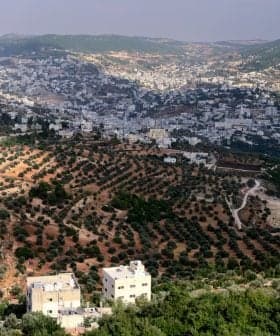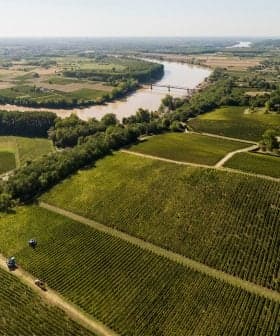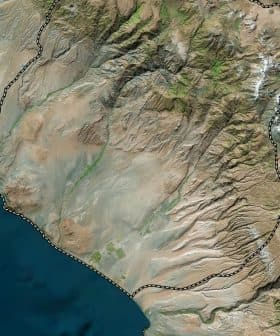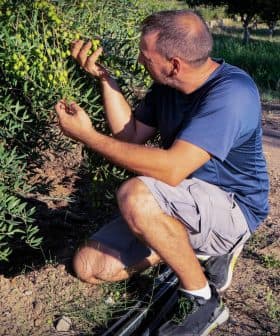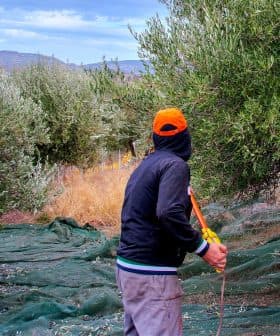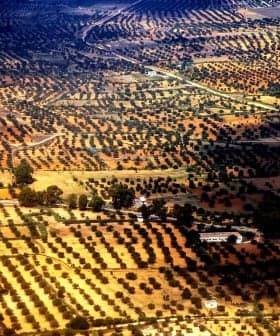Harvest Underway in France with Varying Expectations
Challenges created by springtime frost and summer drought have led to an uncertain harvest forecast, with production predictions ranging from 3,000 to 5,000 tons.
 Harvesting at Champsoleil
Harvesting at Champsoleil Springtime frosts and drought in southern France have made estimating the 2021 olive harvest challenging, with production estimates ranging from 3,000 to 5,000 tons. The impact of climate change on olive production in France is evident, with some regions experiencing significant decreases in production due to frost and drought.
Springtime frosts in southern France coupled with drought across the southwest have made the 2021 olive harvest difficult to gauge.
The mountainous topography of southern France and its proximity to the Mediterranean Sea create many microclimates and lead to a staggering olive harvest. Two months into the current one, some valleys have completed the harvest, while others will not finish until January.
We are working to face and overcome the diminished availability of water for irrigation, which represents a growing challenge here.
This makes estimating the harvest difficult in the best of conditions. However, this year production estimates range from 3,000 tons to 5,000 tons. By comparison, France produced about 4,500 tons of olive oil in the 2020/21 crop year, according to Laurent Bélorgey, the president of France Olive.
See Also:2021 Harvest UpdatesThe European Commission estimates that France will produce 4,605 tons in the current crop year, with 525 tons of olive oil produced by mid-November, the latest date for which production figures were published.
However, Bélorgey, who is also an olive grower, thinks olive oil production will be slightly higher, bringing this year’s yield closer to the initial estimates for the 2020/21 crop year.
“The French harvest should reach 5,000 tons this year thanks to oil yields exceeding expectations with a rather average tonnage of olives,” he told Olive Oil Times. “The olives were very healthy this year despite a summer rather favorable to the olive fly with no great heat and rain.”
Nestled into the Alpilles mountains between Marseille and Montpellier, the producers at Château d’Estoublon expect to produce less olive oil than previously anticipated as a result of the springtime frosts.
Anaïs Maillet, the company’s technical director, told Olive Oil Times earlier this month that the harvest began in November and will end by mid-December.
“Right now, we have to face frost events, such as those we had in the spring, which were once very rare,” she said. “In these times, we are working to face and overcome the diminished availability of water for irrigation, which represents a growing challenge here and elsewhere.”
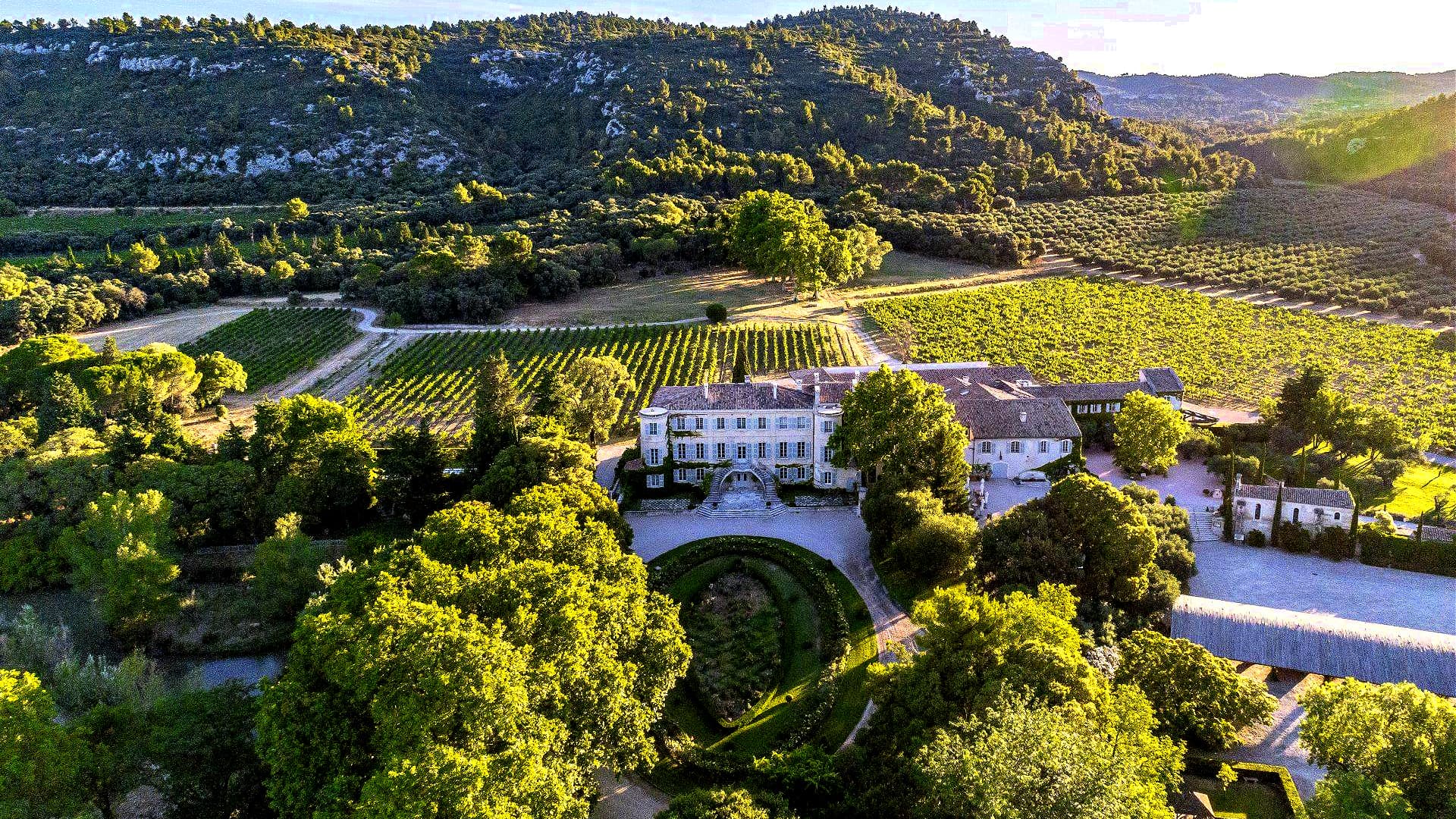
Château d’Estoublon
According to François Aurouze, an agricultural expert at the consultancy Vignoble Conseil, drought in the country’s southwest had a far more severe impact on the harvest than frost did, with production decreases as high as 50 percent depending on the location.
“Production is expected to be between 3,000 and 3,500 tons of oil, instead of 5,500 tons of oil for a good year,” he told Olive Oil Times. “That means a 25 to 30-percent decrease.”
“The problem was to harvest the olives at the right time because the maturity was heterogeneous due to the small harvest volume, with very lightly loaded trees and normally loaded trees in the same plantation,” Aurouze added.
Located just outside of Nice, in the southwest corner of France, Henri Derepas told Olive Oil Times that he expects to produce 25-percent less olive oil this year than the previous decade’s average.
The owner of Champsoleil said the harvest started in mid-October this year, far earlier than usual and had wrapped up by the beginning of December.
“Many of our colleagues, including professionals, have had a white season without any olives,” he said. “The [off-cycle in the alternate bearing nature of the olive tree] has once again been exacerbated. It is difficult to explain everything other than a disturbed climate with all its consequences on the orchard.”
Still, Derepas is pleased with the quality of the olive oil he has obtained and was still able to produce plenty of other olive-derived products, including tapenade, olive pastes and table olives, from his 15-ton crop.
While climate change is usually at the top of the list of the farmer’s concerns, as Derepas rapidly approaches his retirement, a new concern has supplanted it.
“The biggest challenge will be to pass on our farm because we are retiring next year, and this is a very big problem,” he said. “In France, many farms stop without effective recovery.”
According to the France24 news agency, the number of farmers in France decreases by two percent each year as old farmers retire with no one to replace them. The country’s ageing workforce means about 15 percent of farmers will retire in the next five years, leaving many homesteads abandoned.
“In our department, the olive growing industry is particularly concerned,” Derepas said. “Even more, seriously, some mills are beginning to be concerned, but even if it is true that our country is a minor player in the world of international olive growing, it’s upset us very much.”
Share this article



